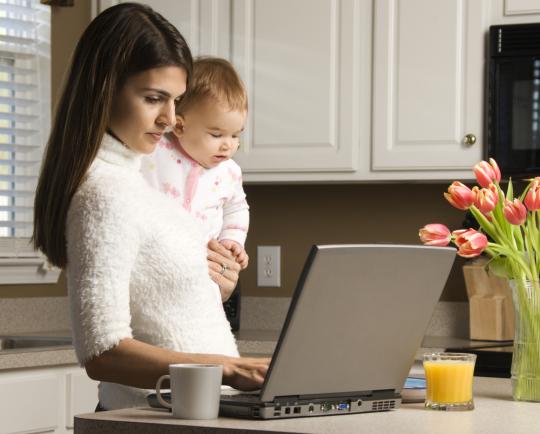Household Bills
Women are £570 a year worse off than in 2010

Women are £574 a year worse off than they were 12 years ago before the Conservatives came into power, Labour claims.
Labour research suggests women will pay £605m more in tax until 2028, following the Chancellor’s Autumn Statement last week.
According to Anneliese Dodds, the shadow women and equalities secretary, women are also facing house prices 12 times their average pay.
In a tweet following her speech at the Fawcett Society’s annual conference on the weekend, she wrote: “The Conservatives crashed the economy. Now they’re pinching women’s pockets” as she suggested “Labour will deliver a fairer future” if elected.
It comes as Sunday 20 November marked Equal Pay Day 2022 when women stop earning for the remainder of the year, relative to men.
According to gender campaigners The Fawcett Society, women are facing ‘double trouble’ due to the cost-of-living crisis and the gender pay gap.
It found in 2022, women will, on average, take home £564 less than men each month, up from £536 in 2021.
The society said more than half (53%) of women would use the additional money to turn on heating and lights more often, while 48% said their mental health would improve.
For seven in 10, they said they struggled to pay their household bills in the last six months, rising to 80% for black and minority women.
Meanwhile, a third of women said they want to work but are prevented by reasons including a lack of flexible working options and affordable childcare.
The Fawcett Society said the gender pay gap (11.3%) is “closing at a glacial pace”, having dropped from 20.7% in 1997. Compared to last year, it has fallen by just half a percentage point from 11.8%.
What causes the gender pay gap?
The Fawcett Society said a key driver is pay discrimination, when women are paid less than men for the same work. This has been illegal since the 1970s under the Equality Act, but other drivers include failure to promote women, undervaluing them and underpaying the types of work women are more likely to do, such as social care and childcare work.
There is also a lack of women in more highly paid sectors such as tech and engineering. Meanwhile, job adverts without salary bands “perpetuate pay gaps which contribute to women and people of colour carrying pay gaps around with them from job to job”.
Set against the current cost-of-living crisis, the society said it is “unsurprising” that women are at the sharp end.
It noted: “Inflation, particularly rapidly rising energy prices, is surpassing wage and benefit increases – and women are suffering a disproportionate impact.”
More women falling behind on bills
According to research from the Living Wage Foundation published in March 2022, 42% of low-paid women have fallen behind on household bills, compared to 25% of low paid men. Women face multiple impacts of the cost-of-living crisis – they are both more likely to work in low paid jobs (20% are paid below the real Living Wage) and to spend more on household goods and bills – which in turn are more likely to be impacted by inflation.
Further, black and minority ethnic women are disproportionately impacted by the cost-of-living crisis, with the Runnymede Trust’s recent Falling Faster report highlighting that people of black and minority ethnic backgrounds are 2.5 times more likely to be in poverty than white people.
And the government’s Energy Price Guarantee is more likely to lift white households out of poverty than black and minority ethnic households. The Fawcett Society added that its own polling indicated that 80% of black and minority ethnic women reported having struggled to pay their household bills in the last six months, compared with 68% of white women – “a statistically significant difference”.
Meanwhile, women under the age of 55 were also significantly more likely to report having struggled to pay their bills in the last six months, according to its poll of 1,965 women aged 18+.
Missing money put to good use
By closing the gender pay gap (£564/month), the society said it was enough to pay for the average monthly grocery shop for a large family of five; 11 weeks of energy use for an average household, and 50% of average monthly rental costs.
One woman said: “The additional money would make a huge difference. It would mean I could stop my second job resulting in more time spent with my young family and husband. It would alleviate a huge pressure and stop me being so exhausted from working two jobs alongside being the primary care giver for my children aged three and five.”
The Fawcett Society is calling on the government to improve pay gap reporting by introducing mandatory ethnicity pay gap reporting; requiring employers to publish action plans to tackle pay gaps and lowering the threshold for pay gap reporting to 100 employees.
It also wants to see employers offer flexible work arrangements as default, as well as reform the childcare system to increase affordability while ensuring children get the best start in life and ban questions about salary history during recruitment and salary bans to be displayed on job adverts.